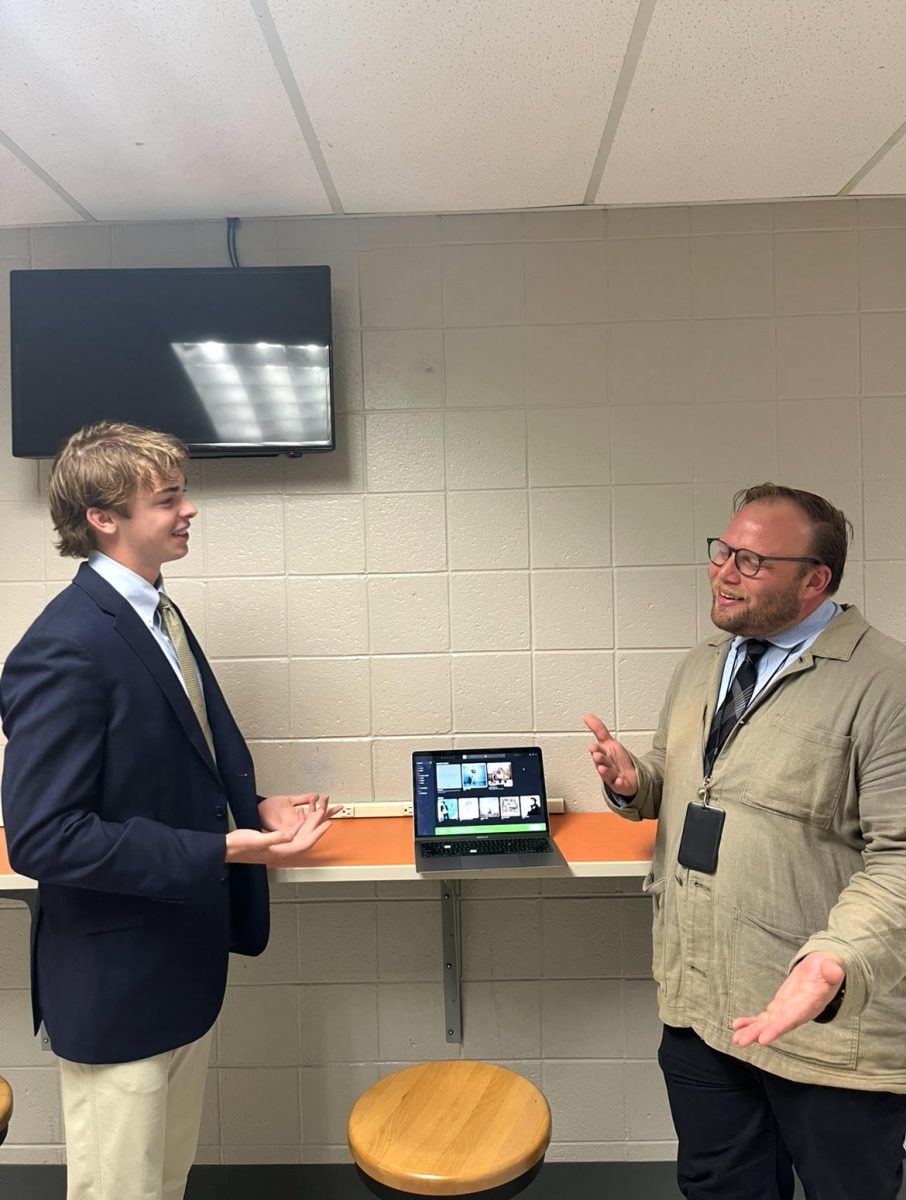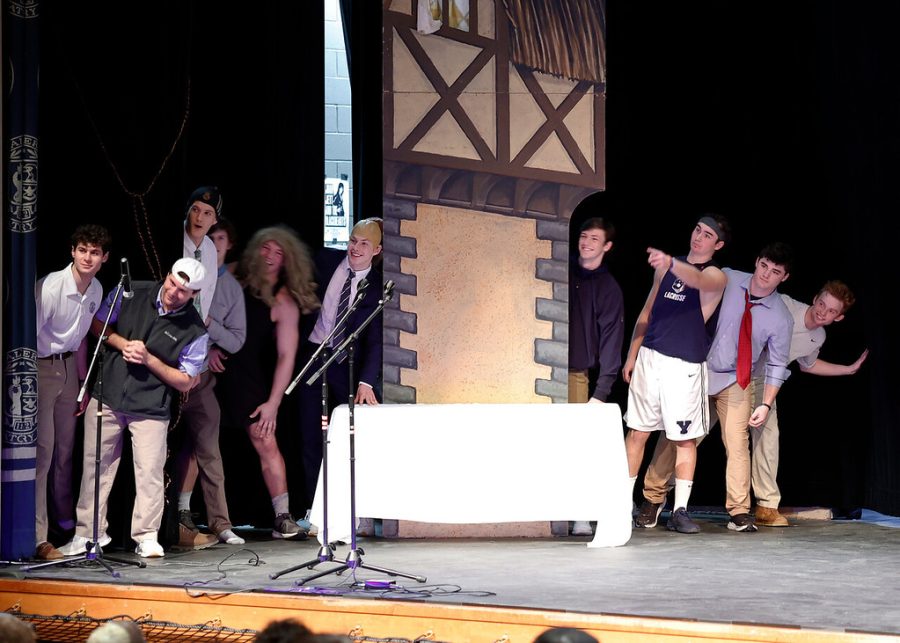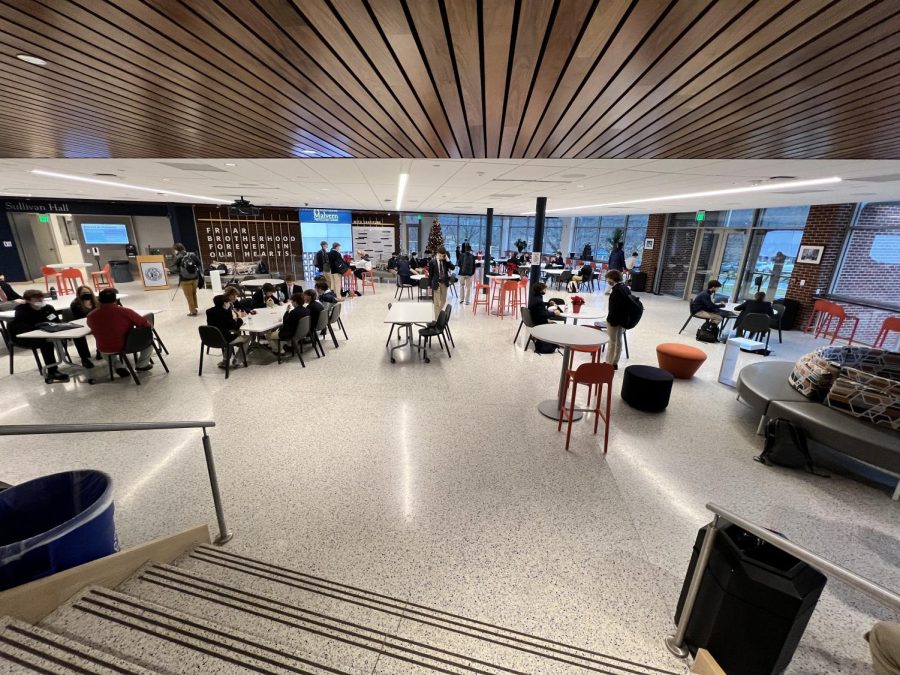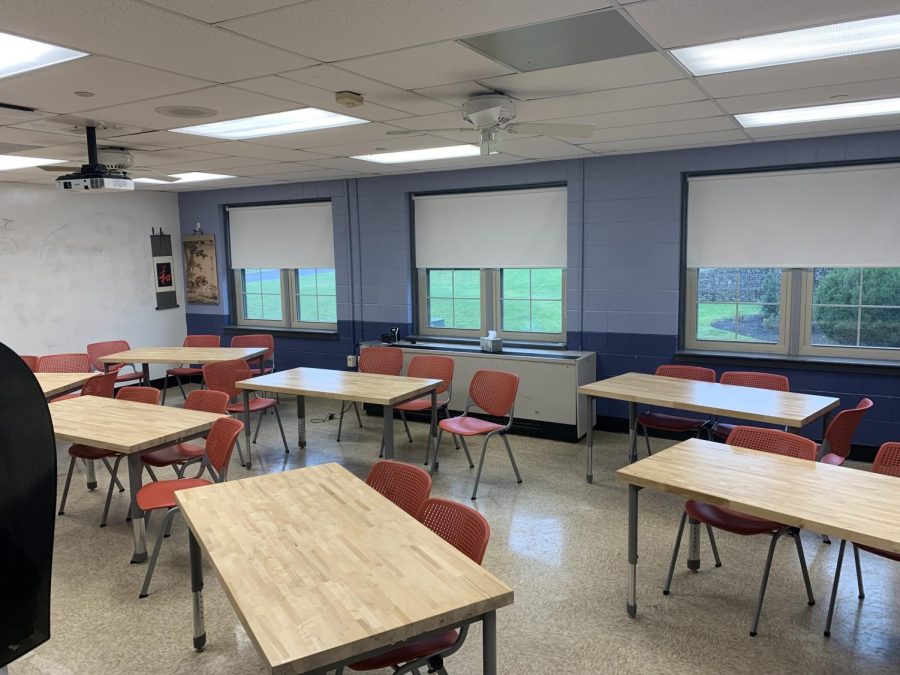In the age of 21st Century learning, Malvern is constantly changing and adapting. The student body wants to be a part of the experience, not part of the email.
In the last six years at Malvern, there have been six different schedules, two different heads of schools, three different homework sites and several dress code changes.
Malvern prides itself in always having the best interests of students in mind. The student body appreciates this, especially when these changes are explained to us, and even more when student voice is part of the process.
But because of how rapidly changes come to Malvern, and with how little time those changes stay before the next “iteration,” we cannot help but wonder how much student input is considered.
For the 2018-2019 school year, students will be given a heap of new changes including but not limited to a new schedule, dress code, classroom locations and buildings. However, some of the student body is still unclear about why these changes were implemented in the first place.
It seems to be a common theme at Malvern that changes are made abruptly, the new experience or change occurs, and then the school seeks student feedback. Following J-Term, students were sent a mass email reading “Surveys [J-Term + AP Institute]” that asked students to fill out a survey regarding their J-Term experience.
Prior to J-Term, many students felt they knew very little about the experience. AP students weren’t notified that they couldn’t take J-Term classes until right before Christmas break.
The idea of only being able to submit uniform survey responses hinders students’ ability to have a say on said changes. Answering “strongly disagree” does not carry the same value of listening to students and involving them in the design.
The student body wants to be a part of something bigger than a survey you could find on the bottom of a CVS receipt. We want to be a part of the building process so that we can help make things right the first or second time around, not the fifth or sixth.
This isn’t to say that students get “no say” or have absolutely zero input. A new economics course is going be led in part by junior Claudio Chieffo. Discussions about a new student disciplinary committee have begun to gain traction within administration. We first reported about the possibility of students having input on “character issues” in 2014, so we are glad to hear progress on this matter.
The Editorial Board believes that inviting students to be a part of the community that designs or builds new changes that come to Malvern will help improve the overall shift and ensure that the changes only have to occur a minute number of times.
It’s impossible to avoid change. We know that it will happen sooner or later. Including the student body in these changes helps promote the idea that we are a family learning from each other, helping each other grow, not consumers of a product.
There’s a difference between “did you like this or not?” and “we built this together—how can we make this better?”
We understand that coming up with the right schedule or dress code can be difficult, but we also don’t think it should take six tries to reach somewhere near there.
The implementation of student voice during the building process can help eliminate problems that students could foresee in the future instead of having to wait an extra year to execute a schedule change because the problem was overlooked.
The past five years alone have been a rollercoaster. It’s time to find the solution and it starts with the students. Not only do the changes cause a lot of up and downs throughout the year, students find themselves lost looking for the reasons behind the changes.
When one is tasked with educating 500+ young men who will soon be facing real world issues, it can be easy to adopt a “father knows best” mentality, in which, students face changes that may be in their best interest, but do not understand the reasons for those changes. By allowing students to work behind the scenes, we can make sure that everyone is not only ready for the change, but understand why they need to happen.
We hope and assume that changes made at Malvern have the students’ best interests at heart. We understand that some changes are made regardless of student input because sometimes others know best. We also know that change is part of our world, both in education and beyond.
We aren’t saying that the changes being made are poor or that we can do better, but that rather we should be included in the process to improve them.
A school community in the midst of constant change should have room for students to take an active role in shaping those changes. Ultimately, we hope that the changes occurring have some room for its students to be a part of it, so the Malvern experience can be creating traditions instead of a tradition of change.














Momoffour • May 29, 2018 at 8:35 am
Great editorial gentlemen. As a parent I will tell you it is equally frustrating to see changes every year. It constantly gives off the impression of confusion. Constant changes to the same thing tell me they don’t know what they are doing and are constantly grasping for something, and yes it’s hard to understand what the administration is seeking when they make these changes. We, the parents, would appreciate a voice as well, for the same reason the students would like to be involved. If they had sought insight prior to this years change, this parent would’ve told them that a Prom on a Wednesday night before a holiday has many challenges. 1) Families go on vacation and they do leave right after school the last day, 2) Not all schools have off, so how do they get a date on a school night, or 3) Vacations are often planned a year in advance. School, students, and parents must work as a team, which means Together Everyone Accomplishes More. Congratulations on your first edition.